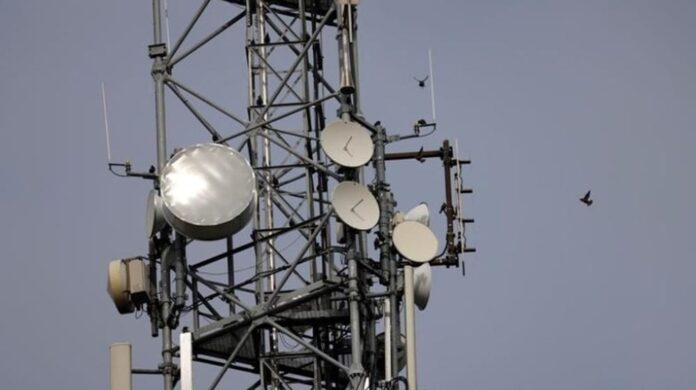The cellular mobile operator (CMO) industry in Pakistan is facing a financial crisis with the average revenue per user (ARPU) dropping to $0.80 per month, the lowest in the world. CEOs of leading telecom companies, including Jazz, PTCL, Telenor Pakistan, and Zong, voiced their concerns about the deteriorating financial health of the industry in a meeting with Minister of IT and Telecom Aminul Haque. They attributed the crisis to the wrong policy of pegging telecom license prices with the US dollar and delays in opening Letters of Credit (LCs) for telecom equipment imports.
The CEOs expressed fear that the industry was heading towards collapse, and to prevent this, the ARPU must stay above $1.5, as the telecom sector’s cost structure is dollarized in terms of spectrum fee, capex, fuel, electricity, etc. They also urged a regulatory approach that would allow tariff increases to prevent the industry’s collapse.
The Asia-Pacific GSMA Head, Julian Gorman, also expressed concern, saying that the world’s lowest ARPU indicated affordability, but it must be considered in the context of the industry’s financial sustainability. He warned that Digital Pakistan risked collapse unless meaningful action was taken to chart a path out of the crisis and for growth.
The industry’s operational costs, primarily fuel, electricity, interest rate, and currency devaluation, have increased significantly, leading to an unprecedented increase in operating costs. Two telecom operators reported a combined loss of around Rs 30 billion in the calendar year 2022. The constant devaluation of PKR against USD has significantly increased the cost of doing business, making it detrimental to the dream of Digital Pakistan.
The telecom sector generates its revenue in PKR, while spectrum auctions, renewal, and installments are priced in USD, exposing telcos to massive currency devaluation risks. This mismatch must be fixed before telcos’ capacity to further power digital transformation gets depleted.
The weak financial health of the telecom industry would also adversely impact the prospects of engagement in new spectrum transactions, despite the need for more spectrum and the subsequent launch of the 5G network. At a time when the industry’s profit is constantly shrinking amid increasing operational costs, it would be unrealistic to expect investment in infrastructure development and improvement in the quality of services. The industry urged the government to devise a strategy for regulatory relief to avoid slowing down the digital development of the country.
To read the full article visit www.tribune.com.pk




